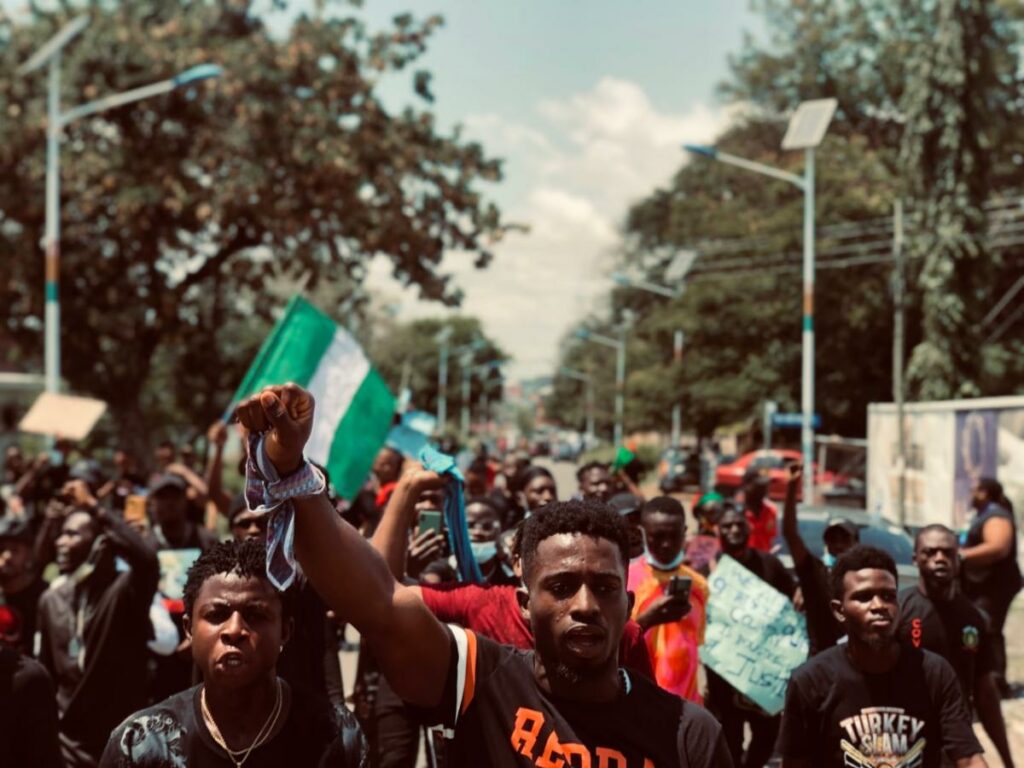Nigerian News Update:
Is there any reason to believe that all is well with Nigeria and Nigerians today, steeped in the conundrum of intense insecurity in all its variants, corruption, decrepit healthcare and educational system, youth unemployment/underemployment and restiveness, rising inflation and concomitant devaluation of quality of life, disconcerting plight of the elderly and pensioners, a startling debt burden on governments – State and Federal – impunity, lawlessness and injustices, and above all, a dysfunctional governance system which has stymied the yearnings and aspirations of law-abiding citizens? Yet, the All Progressives Congress (APC)–led government, in self-delusion, is satisfied with its performance in all sectors of the Nigerian politico-economy.
The Nigerian economy is undoubtedly weak, against the backdrop of a total public debt stock of $87.239 billion (March 2021), foreign exchange reserve of $41.750 billion (September, 2021), economic growth rate of 4.03% (Third quarter, 2021), population growth rate of 2.55% (2021) and unemployment rate which is projected to increase to 40% by close of the year. Poverty is palpable and the growing army of the unemployed is a time bomb. In the absence of meaningful jobs, motor bike or ‘Okada’ riders dominate many cities and towns providing transportation services at great risks to passengers. It’s not uncommon to see an entire family of five with infants and luggage on a motor bike for reasons of poverty or absence of access or motorable roads. As a palliative measure, in anticipation of fuel subsidy removal early in 2022, the Federal Government plans to pay N5,000 monthly for a certain period to each of 40 million Nigerians considered as the ‘poorest of the poor.’ By World Bank report in 2018, 40% of Nigerians i.e., 83 million people lived below the poverty line i.e., on less than $1 a day. It is out of this group of Nigerians that the Federal government will dispense N5,000 monthly each or N166.67 a day so that they may live and not die! That the Federal Government believes this stipend is life-sustaining for the citizen is ludicrous and shows disconnect from the reality.
Yet another disconnect. The federal Minister of Finance said on television that the Nigerian economy has been diversified and that the government is now deepening it. How and what does it mean? It is irreconcilable with local raw materials abounding in the states which are not integrated into the national development process – crude oil and gas, bitumen, solid minerals, agro-raw materials – natural rubber, cocoa, groundnut, palm oil, cotton, etc. There is no demonstrable capacity to refine crude oil and to promote the downstream sectors particularly the petrochemicals all of which underpin our imports of virtually all basic chemicals and reagents. It is regrettable that even cooking gas is now beyond the means of the ordinary citizens, at the last count, costing at least N8000 for 12.5 kg. To this must be added, the whimsical increases in electricity tariff for those on line of supplies.
For pensioners, delay in payment of entitlement – gratuity and pension – is common even for contributory pension arising from failure of government to meet its counterpart funding obligations. Thus, Nigerians are in distress, not at ease and, it is against this background, that the Catholic Church in Nigeria prays continually one, ‘For Nigeria in Distress’ and two, ‘Against Bribery and Corruption’. On the first, the church recognises that God is merciful and He is a God of justice, love and peace. That God rules over all nations. In supplication, the church admits that ‘we are weighed down not only by uncertainties, but also by moral, economic and political problems.’ The church prays God to ‘spare this country from chaos, anarchy and doom’ and to ‘bless us with His kingdom of justice, love and peace.’ Yes, justice and peace are inextricably linked and they are key elements which are missing in the Nigerian body politic resulting in the current quagmire. But as we pray the complimentary duty of citizens to work for a just society is not debatable, especially against the backdrop of Nigeria’s inaugural political experience at independence.
Nigeria, a multi-national state adopted federalism at independence as a system of government and enshrined it in the 1960/63 Constitution. This system of government recognised the social, cultural and ethno-religious diversities of the peoples of Nigeria and the imperative for accommodation of these features as basis for national integration and unity. It recognised the strength intrinsic in the diversities and attempted no uniformity such that each federating constituent embarked on development plans from the perspectives of its practical needs and priorities.
Prof. Eromosele is former Deputy Vice Chancellor (Academic),
Federal University of Agriculture, Abeokuta.

